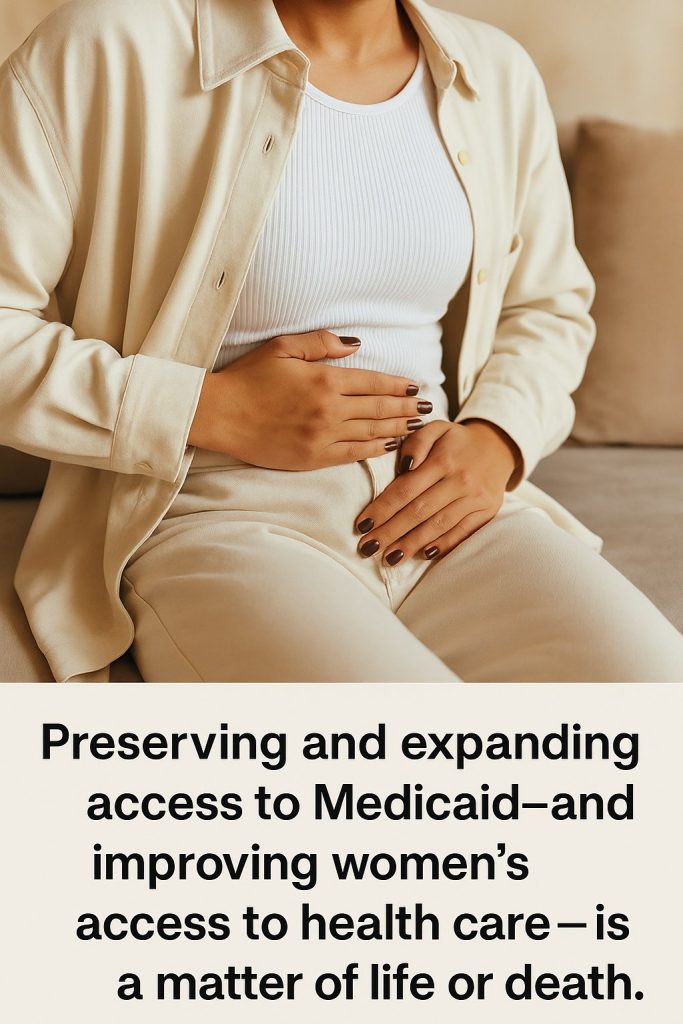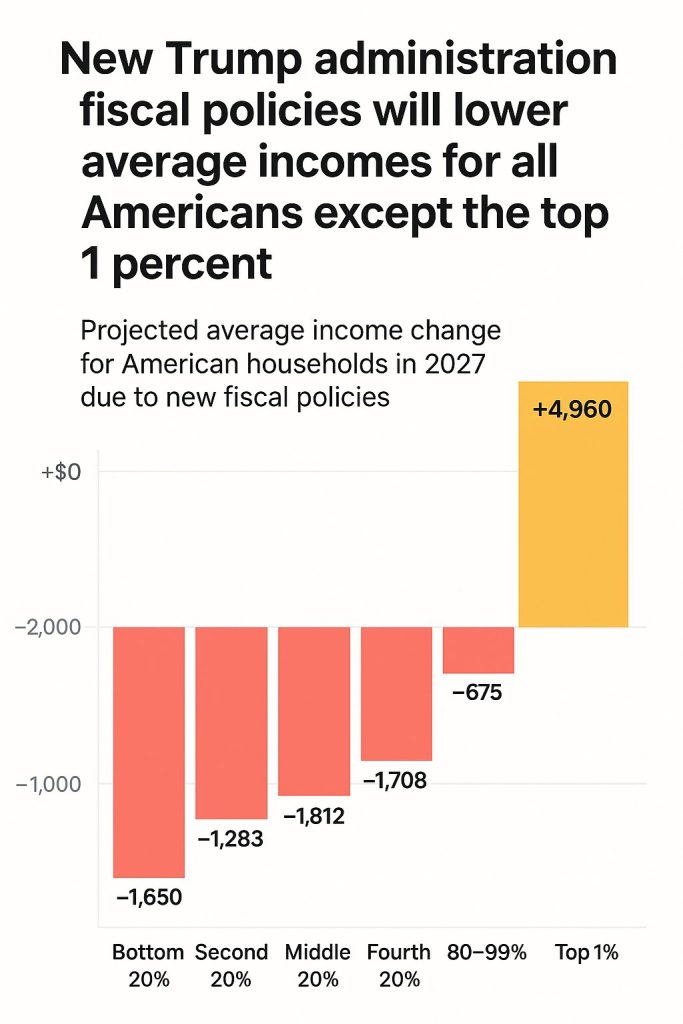In an alarming call to action, healthcare advocates are emphasizing that preserving and expanding access to Medicaid is not just a matter of policy but a vital issue that can influence the survival of women across the United States. As healthcare inequities continue to widen, particularly in the wake of recent legislative changes, ensuring equitable access to services is crucial.
Medicaid, a government-funded program providing health coverage to millions of low-income Americans, plays a significant role in women’s health care. With over 17 million women relying on this program, any potential cuts or restrictions could significantly undermine maternal and reproductive health services. Women represent a growing percentage of Medicaid beneficiaries, highlighting the urgent need to protect and enhance this essential health safety net.
The stakes have never been higher. Reports indicate that in states where Medicaid expansion has been implemented, improvements in health outcomes are palpable. For instance, maternal mortality rates have drastically dropped, with women experiencing fewer complications during childbirth. Conversely, states that have opted out of Medicaid expansion have witnessed significant increases in maternal deaths and deteriorating health conditions for women and children.
Advocates argue that access to comprehensive reproductive health services is crucial, especially in a post-Roe America. With the Supreme Court’s decision to overturn Roe v. Wade, the landscape of women’s health care has drastically changed. Many women may find themselves without critical reproductive services, including prenatal care, cancer screenings, and family planning. This shift has amplified calls to not only protect Medicaid but also expand its coverage to include more individuals who need it the most.
Recently, lawmakers have expressed diverging opinions on Medicaid expansion. Proponents argue that implementing a more inclusive policy would save lives and ultimately reduce healthcare costs by ensuring preventive care rather than emergency interventions. Conversely, some lawmakers continue to resist legislative efforts, downplaying the impact that Medicaid expansion could have on vulnerable populations.
As the conversation continues to heat up, grassroots organizations and community leaders are stepping in to fill the void. Advocacy groups are mobilizing, organizing campaigns to raise awareness, and encouraging communities to voice their concerns and support for Medicaid expansion. Educational initiatives are also critical as they equip women with the tools they need to navigate the healthcare system effectively.
However, time is of the essence. The potential consequences of inadequate healthcare access are immense. Women’s health, safety, and, ultimately, lives are on the line. The message from advocates and healthcare providers is clear: without comprehensive access to Medicaid and women’s health services, we risk creating a healthcare crisis that is far-reaching and life-threatening.
To truly embrace the goal of health equity, government officials must prioritize women’s health by removing the barriers to Medicaid access and implementing policies that foster support and care for women at all stages of life. The survival of countless women hangs in the balance, and the demand for action has never been more urgent.
Where to Learn More
- The Impact of Medicaid Expansion on Women and Families – Kaiser Family Foundation
- Medicaid Expansion and Maternal Health: Evidence and Future Directions – NCBI
- The Effects of Medicaid Expansion on Women’s Access to Care – Health Affairs
- Why Medicaid Matters for Women’s Health – Planned Parenthood Action Fund


